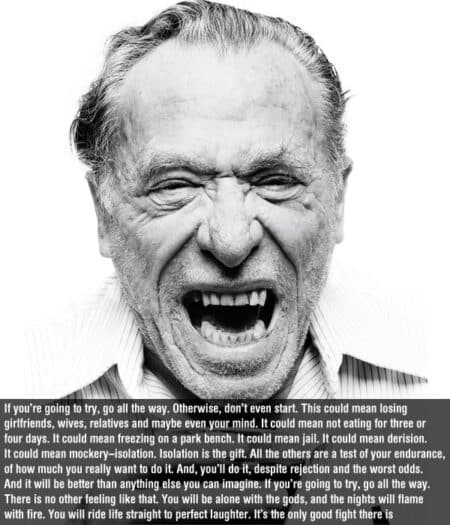The Power of Words: Four Iconic Authors and Their Famous Quotes
The written word is a mirror into the soul, a tool for connecting with the world around us. Throughout history, some of the most powerful thinkers have used language to express deep emotions, challenge society, and reflect on the human experience. In this article, we’ll explore four iconic authors—spanning from the Victorian era to post-Beat counterculture—each of whom left a lasting imprint on literature. With one quote from each, we’ll look into the mind of the writer and understand why their words continue to resonate.
1. Victorian Era Insight: Charles Dickens
“It was the best of times, it was the worst of times.”

Charles Dickens, one of the greatest novelists of the Victorian era, captured the dichotomy of human existence in his famous opening line from A Tale of Two Cities. Dickens was a social critic at heart, using his characters and stories to highlight the struggles of the working class and the injustices of the time. This quote reflects the duality of life—both the joys and the sorrows—and paints a picture of a society on the brink of revolution. Dickens’s focus on the struggles of the poor, combined with his deep humanity, has made him a timeless voice. His writing serves as a reminder of the power of words to inspire empathy and call for change. The power of the written word is clear in Dickens’s ability to influence societal views on poverty, justice, and humanity.
2. Pre-Beat Generation Wisdom: Ernest Hemingway
“There is nothing to writing. All you do is sit down at a typewriter and bleed.”

Ernest Hemingway, a man known for his sparse yet profound prose, believed in simplicity. This quote speaks volumes about Hemingway’s approach to writing—raw, direct, and emotionally honest. Hemingway’s time as a journalist and war correspondent sharpened his focus on realism, and his work often explored themes of courage, loss, and the human condition. His minimalist style influenced generations of writers and redefined modern literature. Hemingway’s words serve as a reminder of how the written word can communicate not just stories, but also the human experience itself in its most unadorned form. His novels, like The Old Man and the Sea, continue to teach readers that the beauty of writing lies in its ability to reveal truth.
3. Post-Beat Era Truths: Jack Kerouac
“The only people for me are the mad ones, the who are mad to live, mad to talk, mad to be saved…”

Jack Kerouac, one of the leading voices of the Beat Generation, brought a new kind of energy to literature. His quote from On the Road captures the spirit of rebellion, freedom, and raw passion that defines his work. Kerouac’s spontaneous and free-flowing writing style mirrored his life as he rejected conventional norms and explored America in search of meaning. His celebration of the unconventional and his desire to experience life in its fullest forms made him an icon of countercultural movements. Kerouac’s influence on literature goes beyond his own works; his writing opened the door for new forms of expression and a deep exploration of personal freedom. His words remind us that the written word has the power to challenge societal expectations and push the boundaries of creativity.
4. The Grit of Charles Bukowski
“Find what you love and let it kill you.”

Charles Bukowski, often described as the laureate of American lowlife, embraced the gritty realities of life and love with brutal honesty. His poetry and prose are laced with cynicism, yet there is an underlying sense of deep reflection and truth. This quote is quintessential Bukowski—raw, blunt, and filled with a dark passion for living authentically, regardless of the consequences. Bukowski’s ability to turn everyday struggles into powerful narratives gave voice to the marginalized and showed the importance of writing as a form of catharsis. His work resonates with anyone who has ever struggled with the human condition, using the written word as a means to find meaning in a chaotic world.
The Power of Words as a Universal Expression
Whether it’s Dickens highlighting societal injustices, Hemingway distilling human emotions into simple prose, Kerouac celebrating the wildness of life, or Bukowski reflecting on the grit of existence, each of these authors demonstrates the power of the written word. Writing is not just a form of communication; it’s the first and most profound method of expressing the human experience. Their timeless works show us that, above all else, the written word can change lives, inspire generations, and bring us closer to understanding ourselves and each other.
For more insight into the power of words and the genius of these authors, explore Charles Dickens, Ernest Hemingway, Jack Kerouac, and Charles Bukowski to delve deeper into their contributions to literature.
If you enjoyed this post, please consider subscribing to our blog for more content like this. Share it with your friends, and if you feel inspired, make a one-time donation to help us continue to provide valuable content.


I love Bukowski…..his books & movies are so gritty and real….it’s scary and exciting!!!